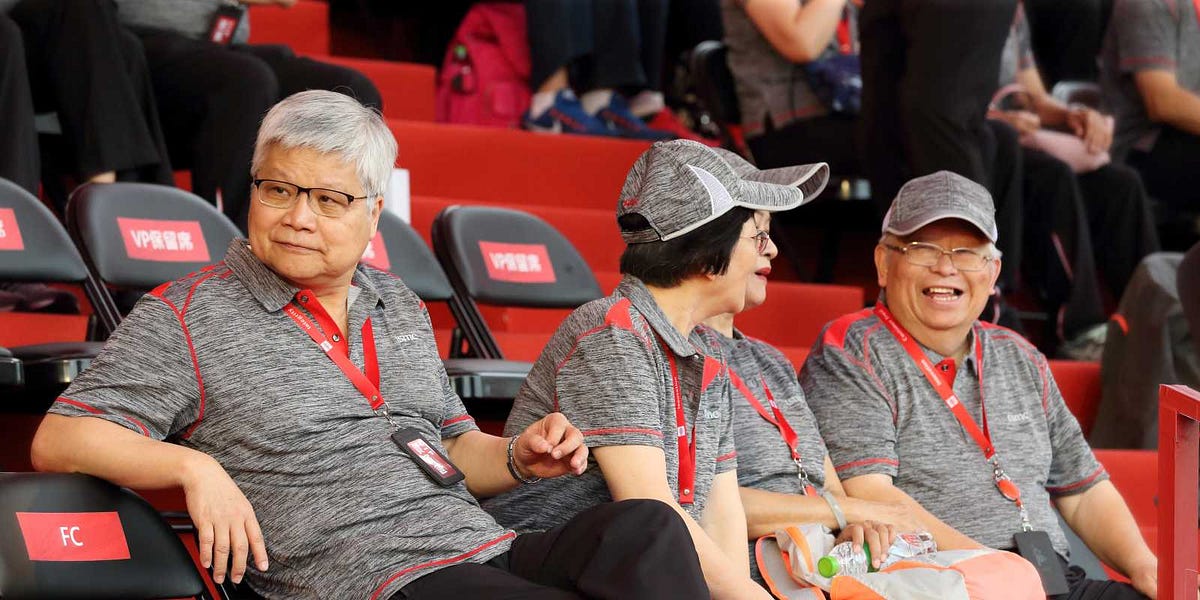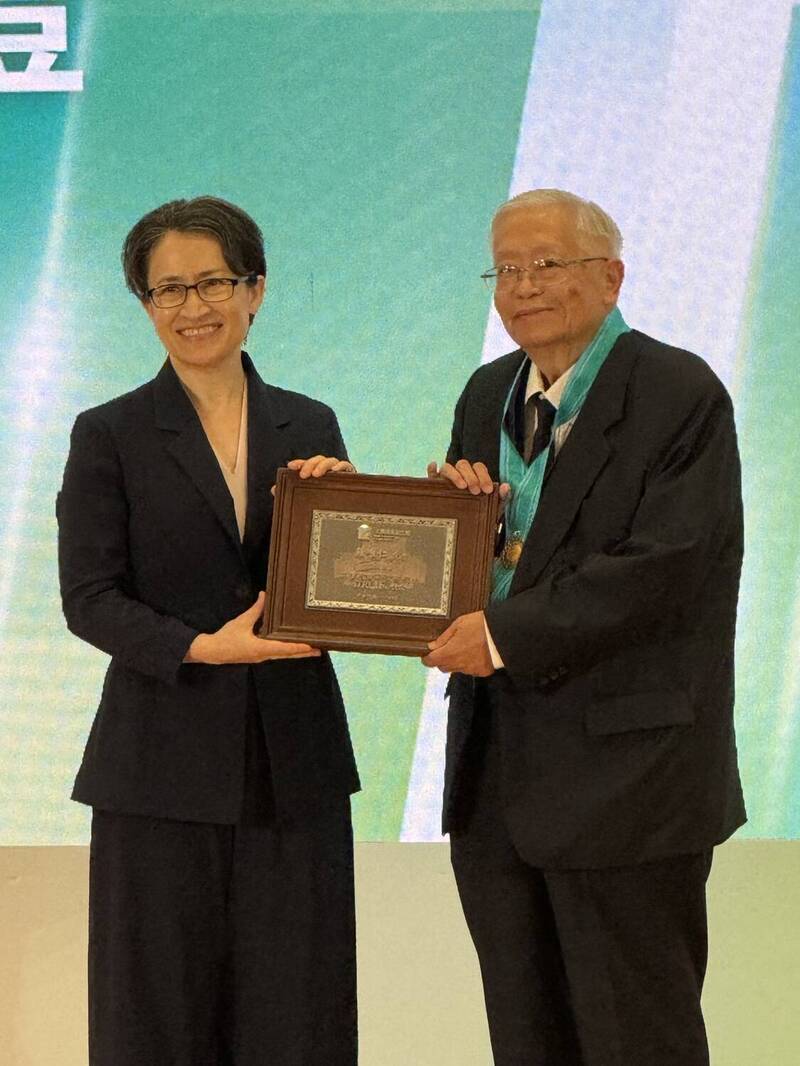This is not confirmed. Rejoining Intel will also bring him great shame in Taiwan. Does he really want that to be part of his legacy? The man is 75 years old.
Dr. Wei-Jen Lo: TSMC's Semiconductor Pioneer
Dr. Wei-Jen Lo (Chinese: 羅偉仁) is a distinguished semiconductor executive whose 21-year tenure at Taiwan Semiconductor Manufacturing Company (TSMC) significantly advanced the company's technological leadership. Born in Taiwan, he earned a B.S. in Physics from National Taiwan University and M.S./Ph.D. in Solid-State Physics and Surface Chemistry from the University of California, Berkeley. With over 40 years in the industry, Lo's career bridged academia, research labs, and high-stakes manufacturing, amassing pivotal roles at Motorola, Xerox, Intel, and TSMC.
Early Career Highlights
- Pre-TSMC (1980s–2003): Began at Motorola Research and Development Lab and Xerox Microelectronics Center, focusing on microelectronics innovation. Served as an assistant professor at a U.S. university, emphasizing semiconductor physics.
- Intel (1986–2004): Spent 18 years in Technology and Manufacturing, rising to Director of Technology Development and Plant Manager. From 1997–2000, managed Intel's Santa Clara development factory, establishing its first 8-inch wafer fab and enabling mass production of the Intel 486 microprocessor—key to Intel's dominance in the 1990s.
TSMC Journey (2004–2025)
Lo joined TSMC in 2004 as Vice President of Operations II, quickly ascending through R&D and strategy roles. His leadership drove breakthroughs in process nodes, earning him the "TSMC Medal of Honor" in 2011 from founder Morris Chang for a high-risk decision on 28nm technology. Under his command, TSMC's R&D teams (tens of thousands strong) secured over 1,500 global patents, including ~1,000 U.S. patents, fueling advancements in EUV lithography and nodes from 10nm to 2nm.
View attachment 3801
Lo retired on July 27, 2025, at age 75—TSMC's longest-serving executive (beyond the standard 67 retirement age via board extensions). His exit marked the fourth senior leadership transition in months, signaling a generational shift: Lora Ho now leads Strategy Development alongside Sustainability, while P.H. Chen heads HR. Other retirees include Rick Cassidy (Jan 2026), J.K. Lin (Apr 2025), and Chen-Hua Douglas Yu (Jul 2025).
Recent Developments & Intel Rumors
As of October 28, 2025, reports emerged that Intel—under CEO Lip-Bu Tan—is aggressively recruiting Lo to lead its R&D, leveraging his prior Intel experience and TSMC expertise in sub-2nm nodes. This aligns with Intel's turnaround: Q3 2025 profits after losses, plus investments from SoftBank, Nvidia, and U.S. government support for foundry ambitions. However, former TSMC executives doubt a full R&D role due to:
- Outdated Intel Ties: Lo's Intel stint ended >20 years ago; structures have evolved.
- Non-Compete Clause: TSMC's 2-year restriction on key tech roles, unlikely waivable without U.S. intervention.
- Age & Scope: At 75, Lo may advise on foundry processes rather than rebuild teams.
If confirmed, it could intensify U.S.-Taiwan semiconductor rivalry, echoing Intel's poaching of TSMC talent amid CHIPS Act subsidies. Industry watchers note TSMC's reverse trend: Many ex-Intel engineers have joined TSMC, Samsung, and GlobalFoundries.
Lo remains an elusive figure—rarely in the spotlight—but his "quiet command" of TSMC's R&D "army" cemented its edge in the global chip race. For deeper dives (e.g., patents or Intel updates), let me know!

 cwnewsroom.substack.com
cwnewsroom.substack.com



